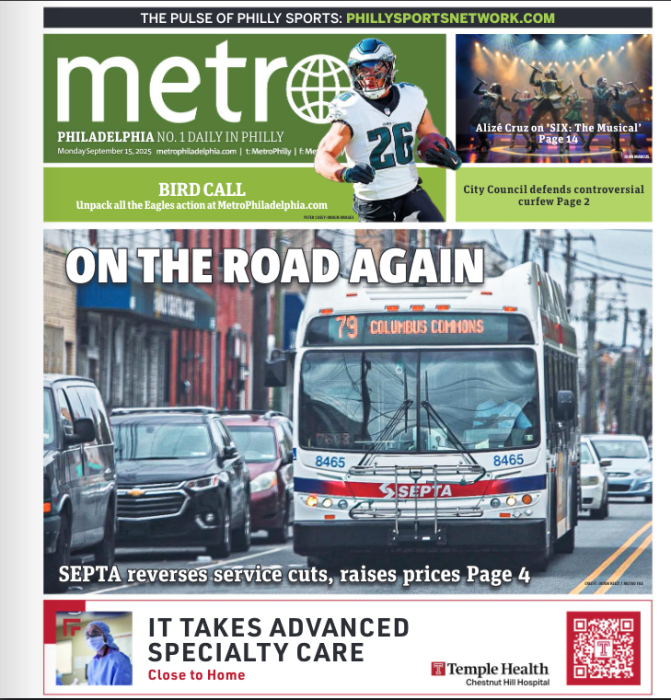David Binswanger, president and CEO of the premier commercial real estate company in the city, predicts, “The economy has stabilized and is starting to pick up. During 2008-2010, corporations had a reticence about making major strategic decisions. Now we see that they are moving forward with decisions.”
He credits the resilience of the Philadelphia real estate market to the fact that the city stacks up nicely to other cities on the Eastern Seaboard. Binswanger, who advises clients such as Comcast, Walmart, and Exxon Mobil on their relocation needs, said, “Philadelphia is attractive. It has many amenities that are appealing to corporate executives such as affordable lodging, reliable transportation, good restaurants.”
But the city falls short in two areas. “The cost of labor and the quality of our public schools can
be impediments to companies who are considering large moves here. Of course, Philadelphia is not alone in dealing with these problems.” said Binswanger.
Binswanger, whose firm is celebrating its 80th anniversary this year, sees two industries which could be a catalyst for growth in the city – communications and biotech. “Philadelphia has become a communications capital because of Comcast and others like West Chester’s QVC, which has the largest television studio in the country. And we have an amazing opportunity to be the leader of the biotech revolution when you realize the number of teaching hospitals and pharmaceutical companies that are in the area. The brain power, the capital and the facilities are basically already here,” Binswanger said.
Binswanger has a unique perspective on the changes in the city over the years. “At the beginning of the twentieth century, Philadelphia used to be a center of manufacturing, apparel, pharmaceutical, banking, and insurance.
Montgomery County was the wealthiest county in the country,” he said. “Now many of those companies are no longer headquartered in Philadelphia. For example, Smith Kline was bought by Glaxo in England. Wells Fargo purchased Wachovia (which purchased PNB). Philadelphia has become more of a regional hub.”
The demotion of Philadelphia to a regional center has unexpected consequences for the city.
Binswanger explained, ‘When the corporate CEO lives in town, he will support local charities and arts organization out of passion. When he lives somewhere else, the corporation supports these things more out of obligation.”
He sees two industries which could be a catalyst for growth in the city – communications and
biotech. “Philadelphia has become a communications capital because of Comcast and others like West Chester’s QVC, which has the largest television studio in the country. And we have an amazing opportunity to be the leader of the biotech revolution when you realize the number of teaching hospitals and pharmaceutical companies that are in the area. The brain power, the capital and the facilities are basically already here,” argued Binswanger, who is chairman of the board of Jefferson Hospital.
Binswanger, who, along with his cousin Jeff, is the third generation of his family to head the firm, thinks there is the possibility of a fourth generation Binswanger. He said, “I have a nephew that worked at the firm before going to Wharton. As my grandfather believed, ‘The strength is the family not the business.” His own son works on the USA network show “In Plain Sight.”


























